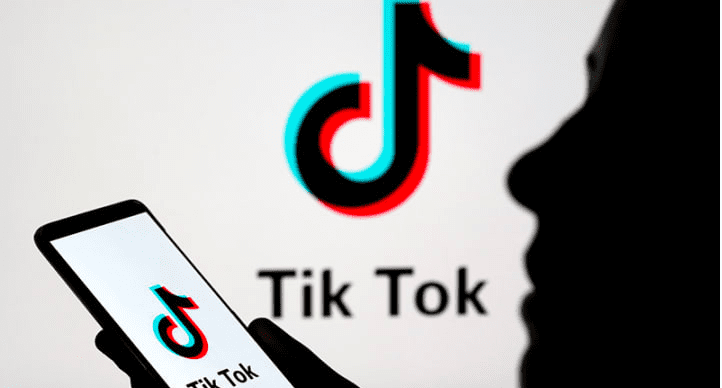The US House of Representatives will vote on a proposal on Wednesday. The proposal will make TikTok end its connection with its Chinese owner or face a ban in the United States.
The proposed law is the biggest danger so far for the video-sharing app. The app has become very popular worldwide while causing worry among governments and security officials about its Chinese ownership and its potential loyalty to the Communist Party in Beijing.
The vote is expected to happen at 10:00 am (1400 GMT) and is likely to pass with support from both political parties in a politically divided Washington.
The future of the proposal in the Senate is uncertain, with some important figures opposing such a big move against a very popular app with 170 million US users.
President Joe Biden has said the White House will sign the proposal, officially known as the “Protecting Americans from Foreign Adversary Controlled Applications Act,” into law if it reaches his desk.
The proposal, which was approved unanimously by a committee last week, would make TikTok’s parent company ByteDance sell the app within 180 days or it will not be available on the Apple and Google app stores in the United States.
It would also give the president the power to label other applications as a national security threat if they are controlled by a country seen as an adversary to the US.
Washington's renewed effort against TikTok surprised the company, according to the Wall Street Journal. TikTok executives were reassured when Biden joined the app last month during his campaign for a second term.
TikTok CEO Shou Zi Chew is in Washington, trying to gather support to stop the proposal.
“This latest legislation being rushed through at unprecedented speed without even the benefit of a public hearing, poses serious Constitutional concerns,” wrote Michael Beckerman, TikTok’s vice president for public policy, in a letter to the bill’s co-sponsors seen by AFP.
‘Never found evidence’
The co-sponsors, House Republican Mike Gallagher and House Democrat Raja Krishnamoorthi, as well as the White House, argue that the proposal is not a ban of Tiktok, as long as the company divests from ByteDance.
China warned on Wednesday that the move would “inevitably come back to bite the United States”.
“Although the United States has never found evidence that TikTok threatens US national security, it has not stopped suppressing TikTok,” foreign ministry spokesperson Wang Wenbin said, condemning it as “bullying behavior”.
In a turnaround from his earlier stance, former president Donald Trump on Monday said he is against a ban, mainly because it would strengthen Meta, the owner of Instagram and Facebook, which he called an “enemy of the people.”
When Trump was president, he attempted to take control of Tiktok from ByteDance, but was blocked by US courts.
Trump denied accusations that he changed his tune because a major investor in TikTok, hedge funder Jeff Yass, is donating to his campaign.
Other efforts to ban TikTok also failed with a bill proposed a year ago getting nowhere largely over free speech concerns.
In the same way, a state law in Montana that banned the platform was stopped by a federal court because they thought it probably violated free speech rights in the constitution.
TikTok strongly rejects any connections to the Chinese government and has reorganized the company so that the information of US users remains in the country, according to the company.
AFP



